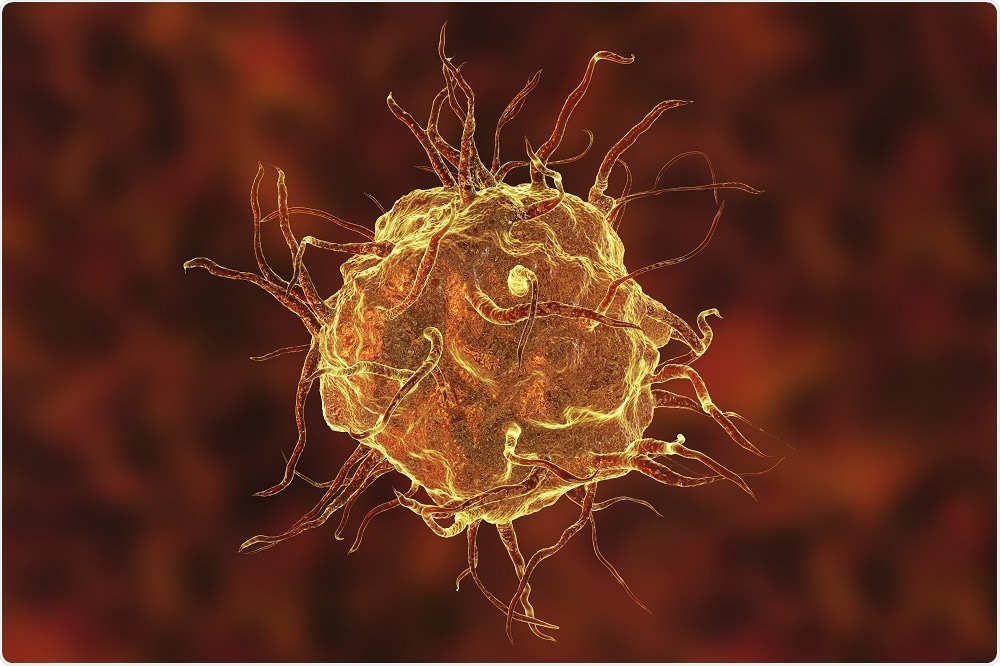Researchers at Trinity College Dublin have discovered that macrophages, which play a key role in inflammation, also produce an anti-inflammatory molecule called itaconate.

Credit: Katryna Kon/Shutterstock.com
Inflammation is an immune response to protect the body from invading microbes and remove damaged tissues. Once the danger has passed, the inflammatory cells and molecules recede so the healing process can begin. However, if inflammation persists, it begins to destroy healthy tissue and is the cause of many debilitating diseases, such as arthritis, heart disease, and Crohn's disease.
Macrophages play a key role in the inflammatory process, so their function has been well studied in the hope of identifying a novel treatment to control chronic inflammation. Their central role in the inflammatory process is reflected in the fact that macrophage dysfunction results in chronic inflammation and poorly healing wounds.
A team at Trinity College has been investigating the metabolic changes in macrophages for many years, but consider their latest finding to be the most important yet. Using human cells and mice models, the team have uncovered a new metabolic process that switches off inflammation.
They report that, under certain circumstances, macrophages convert glucose into itaconate, an anti-inflammatory compound that targets a variety of proteins to bring a halt to the inflammatory response.
Professor Luke O'Neill, Professor of Biochemistry at Trinity College, explained "It is well known that macrophages cause inflammation, but we have just found that they can be coaxed to make a biochemical called itaconate. This functions as an important brake, or off-switch, on the macrophage, cooling the heat of inflammation in a process never before described."
The macrophage takes the nutrient glucose, whose day job it is to provide energy, and surprisingly turns it into itaconate. This then blocks production of inflammatory factors, and also protects mice from the lethal inflammation that can occur during infection."
Dr Evanna Mills, Lead Author
It is hoped that this discovery will pave the way for the development of novel anti-inflammatory treatments to improve the lives of thousands of patients living with chronic inflammatory disorders.
Sources
https://www.eurekalert.org/pub_releases/2018-03/tcd-sdp032618.php